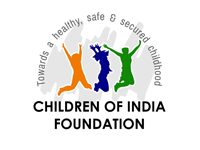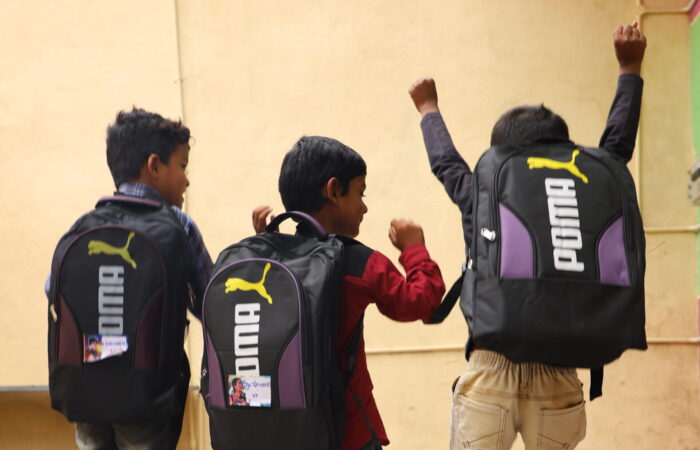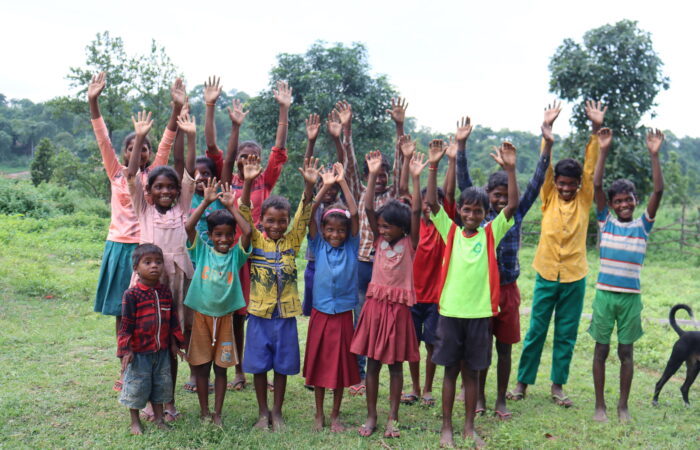Child rights refer to the fundamental human rights that are applicable to all children, regardless of their race, gender, ethnicity, or background. These rights are recognized and protected under international law, including the United Nations Convention on the Rights of the Child (UNCRC), which sets out the basic rights of children.
Child exploitation is unfortunately a pervasive problem in India. Children are often exploited in various ways, including,
Child labor: Child labor remains a significant issue in India, with millions of children working in hazardous and exploitative conditions. Children may be forced to work in factories, mines, agriculture, domestic work, and other industries, often for long hours and low pay.
Child trafficking: Children are trafficked within India and across international borders for forced labor, sexual exploitation, and other forms of exploitation. Trafficking often involves deception, coercion, and abuse.
Sexual abuse: Sexual abuse of children is a widespread problem in India. Children may be subjected to sexual abuse by family members, neighbors, teachers, and others in positions of trust.
Child marriage: Child marriage remains prevalent in India, particularly in rural areas. Children, particularly girls, are forced into marriage at a young age, which can have serious consequences for their health, education, and development.
Street children: Children living on the streets are particularly vulnerable to exploitation, including sexual abuse, trafficking, and child labor. They often lack access to basic services such as healthcare and education and are at risk of being caught up in criminal activities.
Bonded labor: Children from marginalized communities, particularly Dalits, Adivasis, and Muslims, are often subjected to bonded labor, a form of forced labor where people are forced to work to pay off a debt.
These are just a few examples of the ways in which children are exploited in India. Addressing child exploitation requires a multi-faceted approach that involves prevention, protection, and prosecution.
It is essential to address the root causes of child exploitation, including poverty, discrimination, and social inequality, to ensure that children are protected from all forms of exploitation and abuse. Few acts & rights were finalized by the Indian government under the Indian constitution to prevent such brutal exploitation.
Furthermore, the Convention’s description of child rights in the Indian constitution has been summarized into the following fundamentals, with references to various articles.
1. The Right to and Identification(Article 7 AND 8)
Children have the right to a legally registered name as well as nationality. (to belong to a country). They must also have the right to a public record of their identity. This ensures both national support and access to social services.
2.The Human Right to Health (Article 23 AND 24)
Medical care, nutrition, protection from harmful habits (including drugs), and safe working conditions are all covered by the right to health, and articles 23 and 24 of the Indian constitution on child rights elaborate on access to special care and support for children with special needs, as well as quality health care. (including drinking water, nutrition, and a safe environment)
3.Education as a Right (Article 28)
The right to free primary education is critical for assisting children in developing discipline and life skills while also finding a safe and healthy environment in which to nurture a child’s physiological development. This includes the absence of violence, abuse, or neglect.
4.The Right to a Private Life (Articles 8, 9, 10, 16, 20, 22 and 40)
If they are not family members, children have the right to be cared for by carers. Children must live with their parents until it is unsafe for them to do so. However, ‘family reunification,’ or allowing family members living in different countries to travel to renew contact, is critical. They must be provided with privacy against attacks while under the care of a carer or family.
Children who do not have a family life have a right to special care and must be properly cared for by people who respect their ethnic group, religion, culture, and language. Refugee children are entitled to special protection and assistance. In the case of misdemeanors, children have the right to seek legal counsel through a juvenile justice system that ensures fair and expeditious resolution of proceedings.
5.The right to be safe from violence. (Article 19 and 34)
Family members are also protected from violence, and children must not be subjected to ill-treatment or sexual or physical violence. This includes the use of violence as a form of punishment. Sexual exploitation and abuse in all forms are unacceptable, and this Article addresses this issue.
6.The right to express oneself (Article 12 and 13)
All children have the right to express themselves without fear of being judged or despised. In situations where adults are actively making decisions on behalf of children, the latter have the right to have their opinions considered. While children’s opinions may not be based on facts, they are an important source of insight for parents and should be taken into account. However, this is dependent on the child’s maturity and age. Children have the right to free expression as long as their opinions and knowledge do not harm others.
7.The right to be free of armed conflict. (Articles 38 and 39)
Armed conflict turns innocent children into refugees, prisoners, or participants in armed conflicts, all of which violate the spirit of war. War or any armed struggle can severely damage a child’s morale as well as perceptions of ethics, and this must be corrected in a nurturing safe environment. While attempting to rehabilitate war-affected children, the government must also ensure that children are not coerced into participating in any armed conflict.
8.The right to be free of exploitation. (Articles 19, 32, 34, 36 and 39)
Because exploitation is usually accomplished through violent means, protecting children from violence is critical for rescuing them from exploitation. This includes parental abuse, negligence, and violence, even if justified as a means of achieving domestic discipline. Furthermore, children should not be forced to work in difficult or hazardous conditions. Children can only volunteer to do safe chores that do not jeopardize their health, education, or play. Sexual exploitation, another form of exploitation, is also prohibited as an activity that exploits them. Survivors of neglect, abuse, and exploitation require special assistance in order to recover and reintegrate into society.
How does CIF help to protect children’s rights in India?
Children of India works towards preventing child rights violations by providing access to education, healthcare, and basic needs for underprivileged children. The organization also runs various programs to ensure that children have a safe and healthy environment to grow up in, free from exploitation and abuse.
Some of the ways in which we works towards preventing child rights violations include:
- Education: We work towards providing education for underprivileged children who would otherwise be denied the opportunity to go to school.
- Healthcare: The organization provides healthcare facilities and support to underprivileged children, ensuring that they have access to basic medical care and nutrition.
- Protection: We work towards protecting children from exploitation, abuse, and neglect by running various awareness programs and providing support to families in need.
We appear to be running several projects aimed at promoting the welfare of underprivileged children in India. Some of the organization’s key projects include:
- Education Programs: We run various education programs aimed at providing quality education to children who would otherwise be denied the opportunity. These programs include the provision of school supplies, scholarships, and educational materials to children in need.
- Healthcare Initiatives: We run healthcare initiatives aimed at providing basic medical care and support to underprivileged children. This includes the provision of healthcare facilities, immunization programs, and awareness campaigns aimed at promoting good health practices.
- Child Protection Programs: We run various child protection programs aimed at preventing child abuse, neglect, and exploitation. These programs include awareness campaigns, counseling services, and rehabilitation programs for children who have suffered abuse or trauma.
- Vocational Training: We provide vocational training and skill development programs aimed at empowering young people with the skills and knowledge they need to build a better future for themselves.
- Disaster Relief: We run disaster relief programs aimed at providing emergency relief to children and families affected by natural disasters, such as floods and earthquakes.
Overall, we are working towards promoting and safeguarding the rights of underprivileged children in India.
Conclusion
Regardless of their differences, all children deserve equality. They are entitled to all of these rights, regardless of their race, color, religion, language, ethnicity, gender, or abilities.


